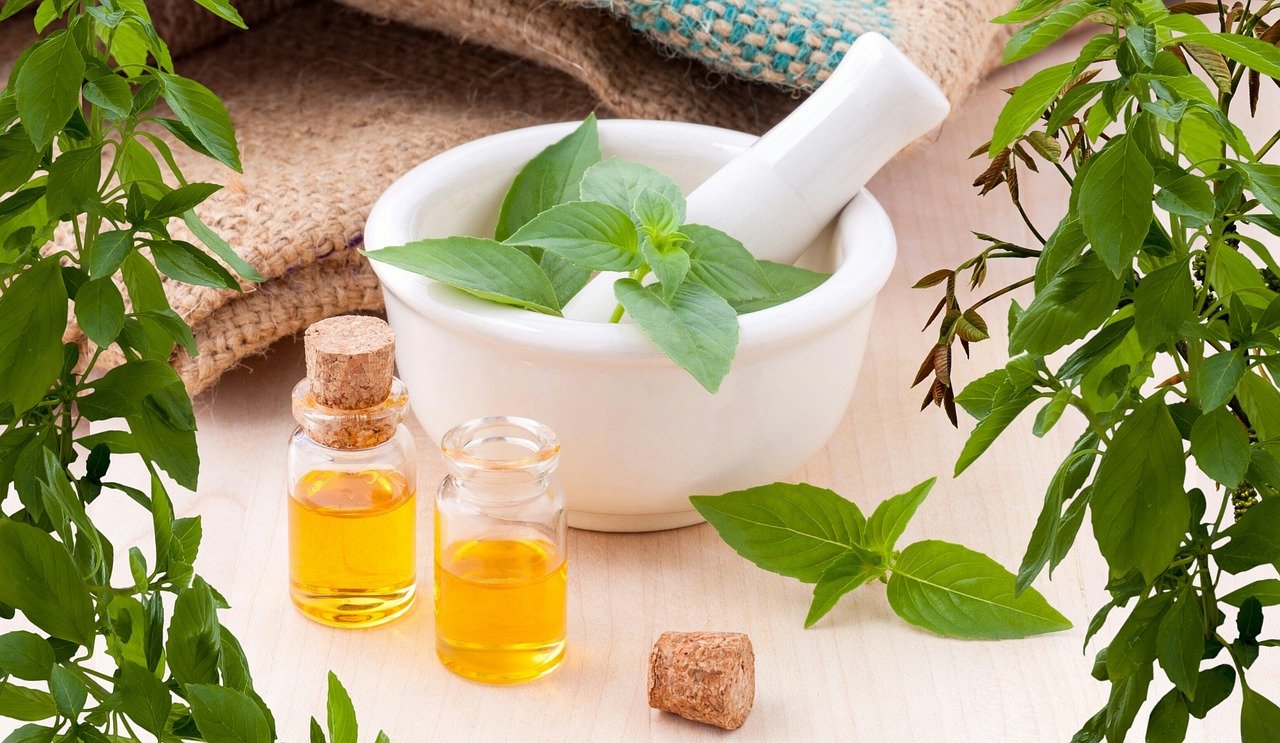
As allergy season approaches, many of us brace for the onslaught of sneezing, itchy eyes, and other seasonal nuisances. What if there were natural ways to help your body handle allergens more effectively? Strengthening your immune system can reduce allergy symptoms and improve your overall health. Here’s how you can boost your immune system naturally before allergy season with herbs, probiotics, and simple lifestyle changes.
Why Immunity Matters During Allergy Season
Your immune system is the body’s defense mechanism, identifying and neutralizing harmful substances. However, during allergy season, the immune system can overreact to harmless allergens like pollen, triggering symptoms such as congestion, runny nose, and watery eyes. A balanced, resilient immune system helps regulate this response, minimizing discomfort.
Preparing your immune system in advance not only reduces allergy symptoms but also enhances your body’s ability to fend off seasonal infections like colds or flu.
Immune-Boosting Tips to Prepare for Allergy Season
1. Power Up with Immune-Boosting Herbs
Herbs have been used for centuries to support immunity and overall health. Incorporate these herbs into your diet or daily regimen to fortify your immune system:
- Elderberry: Packed with antioxidants, elderberry strengthens the immune system and supports respiratory health. It can be taken as syrup, gummies, or tea.
- Echinacea: This immune-boosting herb is known to reduce the severity of colds and respiratory issues, making it ideal for allergy preparation.
- Astragalus: A staple in Chinese medicine, astragalus strengthens immunity and helps your body adapt to stress, which can weaken the immune system.
You can enjoy these herbs in teas, tinctures, or as supplements, but be sure to consult a healthcare professional if you have any underlying conditions.
2. Prioritize Gut Health with Probiotics
A significant portion of your immune system resides in your gut. Beneficial bacteria in the digestive tract play a crucial role in regulating immune responses and controlling inflammation.
- Eat Fermented Foods: Include yogurt, kefir, sauerkraut, kimchi, and miso in your diet for a natural source of probiotics.
- Consider Supplements: A high-quality probiotic supplement with strains like Lactobacillus and Bifidobacterium can provide additional support, especially if your diet lacks fermented foods.
A healthy gut microbiome reduces inflammation and may lower your susceptibility to allergens.
3. Load Up on Vitamin C
Vitamin C is a powerhouse nutrient for immune health. Its natural antihistamine properties reduce allergy symptoms like sneezing and congestion. Foods rich in Vitamin C include:
- Citrus fruits like oranges, lemons, and grapefruits.
- Bell peppers, particularly the red variety.
- Berries such as strawberries, blueberries, and raspberries.
- Leafy greens like kale and spinach.
For added convenience, Vitamin C supplements are widely available, but prioritize food sources whenever possible for better absorption.
4. Stay Hydrated
Hydration is crucial for overall health and can ease allergy symptoms. Staying well-hydrated helps your body flush out allergens and toxins. Aim for at least 8-10 glasses of water daily.
- Add Herbal Teas: Hydrating herbal teas like chamomile, ginger, or nettle can provide additional immune support while soothing inflammation.
- Infuse Your Water: Add lemon or cucumber slices for a refreshing immune boost.
5. Embrace Anti-Inflammatory Foods
Inflammation exacerbates allergy symptoms, so incorporating anti-inflammatory foods can provide relief. Key foods to include:
- Omega-3 Fatty Acids: Found in fatty fish like salmon, chia seeds, flaxseeds, and walnuts.
- Turmeric: Curcumin, the active ingredient in turmeric, is a powerful anti-inflammatory. Add it to smoothies, teas, or soups.
- Ginger: Known for its anti-inflammatory and immune-boosting properties, ginger can be grated into teas or added to meals.
These foods not only reduce inflammation but also enhance overall immunity.
Lifestyle Habits to Strengthen Immunity Naturally
Get Enough Sleep
Your body repairs and regenerates during sleep. A lack of sleep can weaken your immune system, making you more vulnerable to allergens and infections. Adults should aim for 7-9 hours of quality sleep each night. To improve sleep hygiene:
- Maintain a consistent bedtime routine.
- Avoid screens at least an hour before bed.
- Create a calming environment with dim lighting and essential oils like lavender.
Exercise Regularly
Regular moderate exercise boosts circulation, strengthens immunity, and reduces stress. Activities like walking, swimming, or yoga are excellent choices. Avoid overtraining, as it can strain your immune system.
Practice Stress Management
Chronic stress weakens your immune system, making you more prone to allergies. Incorporate stress-relief practices into your daily routine, such as:
- Meditation: Even 10 minutes a day can reduce stress and improve resilience.
- Yoga: Combines movement and mindfulness, both of which are beneficial for immunity.
- Deep Breathing Exercises: Helps calm your nervous system and lower inflammation.
Herbal Teas for Immune Health
Drinking herbal teas is a delicious and effective way to support immunity and prepare for allergy season. Popular options include:
- Nettle Tea: Contains natural antihistamines that can alleviate allergy symptoms.
- Chamomile Tea: Calming and anti-inflammatory, chamomile also supports better sleep.
- Ginger Tea: A warming tea with anti-inflammatory and immune-boosting effects.
- Lemon Balm Tea: Soothes stress while boosting the immune system.
Try sipping on these teas daily for both relaxation and health benefits.
Start Early for Maximum Benefits
To truly reap the benefits of these natural remedies, begin incorporating them into your routine at least 4-6 weeks before allergy season peaks. This gives your body time to adapt, strengthen, and balance its immune response.
Final Thoughts
Allergy season doesn’t have to be a time of discomfort. With natural remedies, immune-boosting strategies like probiotics and anti-inflammatory foods, and supportive lifestyle changes, you can feel stronger and healthier. Simple practices like maintaining good sleep hygiene and staying hydrated also build resilience against allergy symptoms.
Take proactive steps to prepare your body for allergy season and embrace it with confidence. For more tips on thriving during allergy season, visit Harvard Health or NIH Allergy Guidelines.








